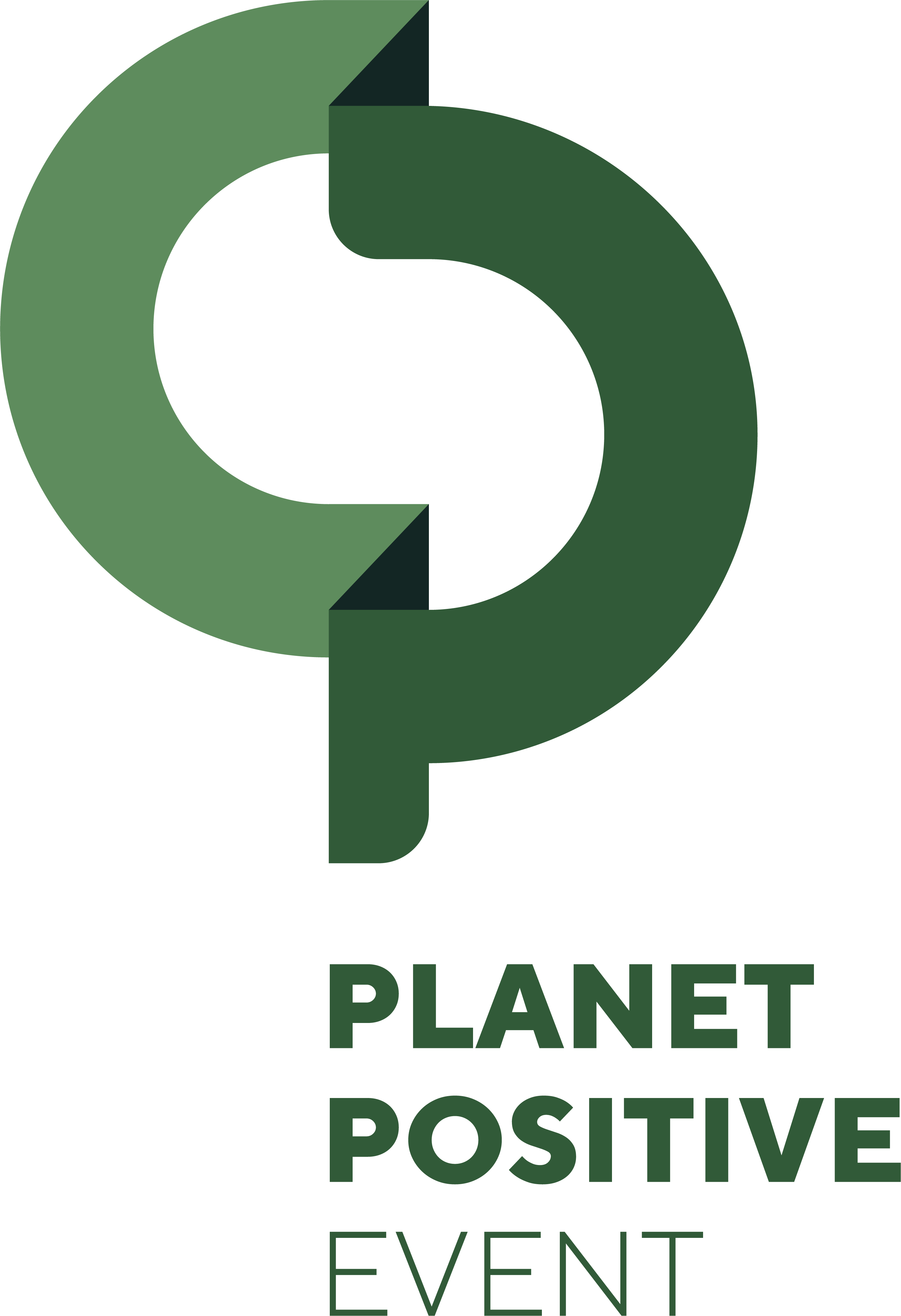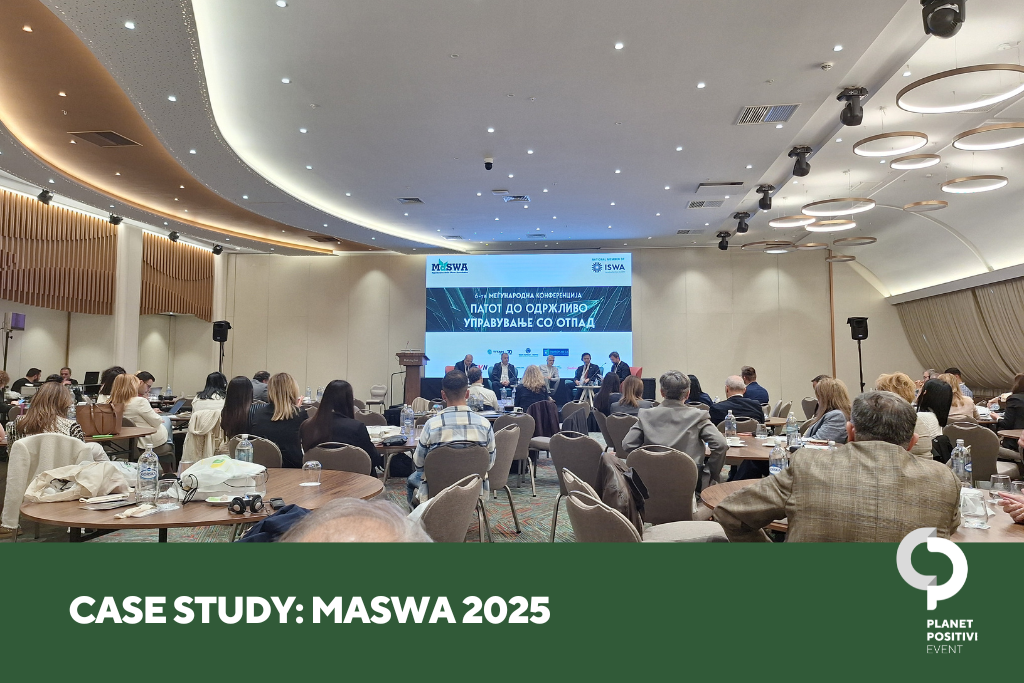“Sustainability Is No Longer a Side Topic”: Ana Spasić on Leading Event Innovation with Purpose

Ana Spasić, founder of BLeisure DMC, shares how Planet Positive Event is helping reshape the event planning landscape across the Balkans. In this interview, she reflects on the transformative power of the ESRS standards, the practical role of assessors, and the importance of embedding sustainability into the creative heart of events. Ana sees tools like PPE not just as checklists, but as catalysts for smarter, more collaborative, and impact-driven experiences. Her message to fellow event professionals: start with curiosity, focus on progress, and don’t be afraid to lead the change.
How did you first hear about Planet Positive Event?
I came across Planet Positive Event through professional networks in the events industry. I also learned more about it during Conventa, where I’ve participated several times as both a hosted buyer and exhibitor. As a DMC working across the Balkans, I immediately recognized it as a practical response to the increasing need for more transparent and responsible event planning. It offered a structured way to connect sustainability goals with real client expectations.
What made you interested in becoming an internal/external assessor?
As someone who designs customized experiences for international clients, I saw the assessor role as a tool to elevate our work. It’s not just about compliance—it’s about embedding long-term value. Becoming an internal assessor helps me better advise clients, anticipate industry shifts, and deliver events that are both meaningful and mindful of their impact.
How do you understand the significance of the ESRS standards?
The ESRS standards bring a new level of accountability and consistency to how we communicate sustainability. For agencies like mine, they are a chance to lead the conversation with clients and suppliers, showing that sustainability can be strategic—not just symbolic. It brings structure to storytelling and clarity to decision-making.
Can you explain how the adoption of ESRS standards will impact your work in the future?
ESRS standards will influence how we plan, budget, and report on events. As a DMC, I’ll be helping clients integrate these requirements into event design from the beginning—everything from venue choices to supplier selection. It also gives us a great opportunity to educate clients on how responsible decisions can also enhance attendee experience.
What features could be added to improve the PPE’s platform value to event organizers?
The platform could benefit from more interactive planning tools—such as ready-to-use templates, progress trackers, and access to sustainability advisors. I’d also love to see a community feature where DMCs can exchange practices and insights, especially for regions like the Balkans that are just starting to formalize their approach.
What challenges do you anticipate event organizers facing when aligning with ESRS standards, and how can assessors assist in overcoming them?
For many, the challenge is translating high-level goals into operational steps. There’s also the reality of tight budgets and limited supplier options in certain regions. Assessors can help by offering localized guidance, simplifying reporting tools, and making the process collaborative rather than corrective.
How do you see Planet Positive Event helping event organizers align with the ESRS standards?
PPE acts as both a roadmap and a mirror—it helps organizers understand what matters, and shows them where they stand. It simplifies the ESRS language and turns it into event-specific criteria that DMCs like mine can work with directly, even across diverse markets.
How do you envision the future of sustainability practices in the events industry, particularly with tools like Planet Positive Event?
Sustainability will no longer be a side topic—it will be integrated into every client brief. Tools like PPE will be standard in our toolkit, used not just for reporting but for shaping the creative direction of events. I see more collaboration between planners, destinations, and suppliers to co-create impact.
What do you think are the key trends or innovations that will shape sustainability in event planning over the next few years?
We’ll see more smart data tools, immersive digital alternatives to travel, stronger regional cooperation for resource sharing, and growth in net-zero travel and circular models. DMCs will need to be agile and willing to guide clients through this shift—not wait for the industry to dictate the pace.
What advice would you give to event organizers just beginning their sustainability journey?
Begin with curiosity, not fear. Pick one area—waste, travel, local impact—and focus on progress over perfection. Tools like PPE offer clarity, but the mindset shift comes from within. Ask your DMC partners for ideas; we’re here to support the process and bring creative solutions to your goals.






Leave a Reply